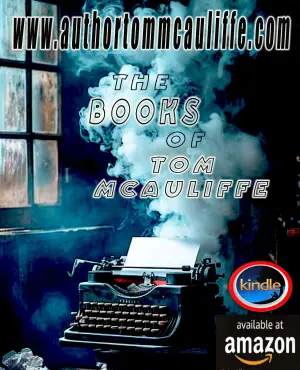Book Review: Call It What You Want by A. L. D.
When I stumbled upon Call It What You Want, I was drawn in by both the intriguing title and the promise of a deep dive into the complexities of love and emotional entanglements. A. L. D. has crafted a modern tale that navigates the turbulent waters of relationships and self-discovery, and I was eager to see what awaited within its pages.
Set against the backdrop of youthful angst and emotional turmoil, the story follows Sloane, a girl caught in a cycle of heartbreak as she grapples with her turbulent relationship with Ethan. Their connection is intense, marked by moments of passion and regret. The quote, “sometimes loving him feels like I’m lingering in the doorway of his bedroom, waiting for him to let me in—will he ever let me in?” perfectly encapsulates Sloane’s struggle. It speaks to the longing and uncertainty that often accompanies young love, leaving readers reflecting on their own past relationships.
The character dynamics really shine here. Sloane’s willingness to overlook Ethan’s numerous shortcomings is both relatable and frustrating. As much as my heart wanted her to blossom and break free, I found myself sympathizing with her. “The moment was my undoing. Ethan Brady had me, and he knew it,” she confesses, revealing the vulnerability that many of us have felt at some point. Yet, despite Sloane’s emotional depth, Ethan left me conflicted. His lack of clarity and reluctance to truly commit made me wish he would seek help and confront his traumas rather than dragging them—and Sloane—further into murky waters.
Lauren, Sloane’s friend, shines as a beacon of wisdom. I found myself rooting for her character, wishing for more page time and depth. Her insights about love and heartbreak are poignant: “he’s your first love, so you’re never going to forget him… an empty kind of love.” This encapsulates the bittersweet experience of first heartbreaks, resonating with anyone who has walked that familiar path.
D. has a comfortable writing style that eases the reader into the story, but I found the pacing to falter in places. I occasionally wished for a deeper exploration of Sloane’s therapy sessions, as they could have added invaluable context to her character growth and coping mechanisms. I appreciated the occasional beautiful lines, such as, “We were lying in the same bed, but it felt like we were hundreds of miles apart,” which perfectly captures emotional distance.
Would I recommend Call It What You Want? Yes and no. If you’re drawn to stories that explore the complexities of love, particularly from the perspective of someone in a difficult situationship, this book may resonate with you on a personal level. However, if you’re seeking a more dynamic plot with a proactive exploration of emotional healing, you might want to look elsewhere.
In conclusion, reading this book was a bittersweet experience for me, echoing the trials and tribulations of youth that many of us can relate to. It urged me to reflect deeply on love, heartache, and the importance of knowing one’s worth. Whether you’re in a similar loop or just enjoy a good coming-of-age story, Call It What You Want is worth a read. Just prepare for a journey that might leave your heart a little tender, but perhaps all the more enriched for it.






